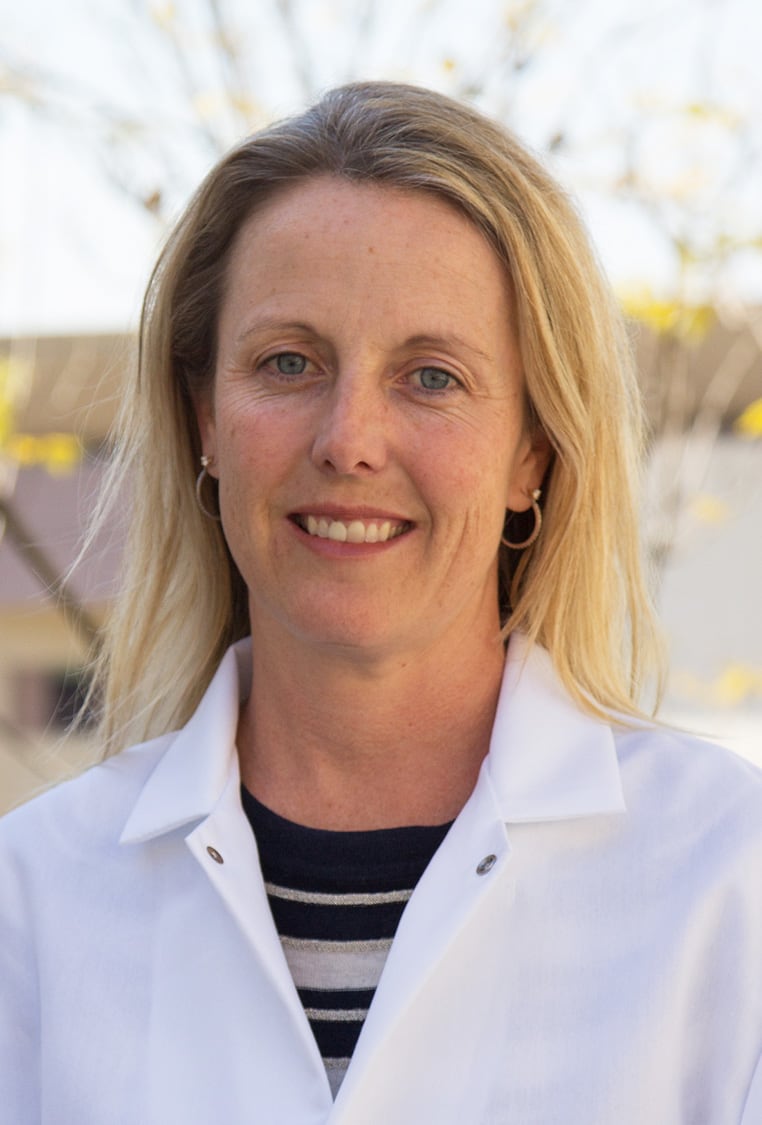Julie Jameson followed in Richard Boismenu’s steps as another successful post-doctoral trainee of Wendy, and continued the pioneering work on the skin gamma/delta T cells and their unique functions in tissue repair and wound healing.
Julie Jameson is an Assistant Professor in the Department of Biological Sciences at California State University San Marcos and an Assistant Professor Adjunct in the Department of Immunology and Microbiology at Scripps Research, San Diego, CA, USA.
Dr. Jameson’s research focuses on the function of T cells in infections and tissue repair. Recent studies in her laboratory have shown that obesity and type 2 diabetes impair T cell function in the murine skin, resulting in wound healing complications. Currently, she is investigating how this devastating disease impacts the ability of T cells to fight infections and heal wounds in patients. The Jameson laboratory has specifically focused on translational research by taking findings from basic science studies into the clinic for further investigation. Julie Jameson was a postdoctoral fellow with Wendy Havran from 2000-2005 and then a colleague at The Scripps Research Institute from 2005-2012. They were lifelong friends sharing time traveling to conferences all over the world and a passion for gamma delta T cells.
“As a graduate student at UMass Medical Center I was making the difficult decision of where to apply for postdoc positions when this lovely, brilliant scientist named Wendy Havran came to give a seminar on the function of gamma delta T cells in the skin. The data was so exciting that I emailed Wendy hoping to get an interview. It was my dream to work at Scripps with amazing scientists such as John Sprent, Linda Sherman and Michael Oldstone just down the hall, so I was thrilled when she asked me to join her lab. Wendy gave her postdocs the space to innovate and explore their ideas, but always knew when to rein us in. This resulted in an incredibly productive lab filled with independent thinkers like Debbie Witherden and Leslie Sharp who published high profile papers in Wendy’s lab. Mentorship for women in science was a passion for Wendy and she pushed us to go beyond what we thought our limits were, to think outside the box, and do good science. As our relationship moved from mentor to colleague I truly appreciated our times traveling to conferences all over the world. One conference that we could always count on having a great time together was at the La Jolla Immunology Conference. I remember talking and laughing with her at LJIC last year, and will truly miss seeing her smile each year.”

